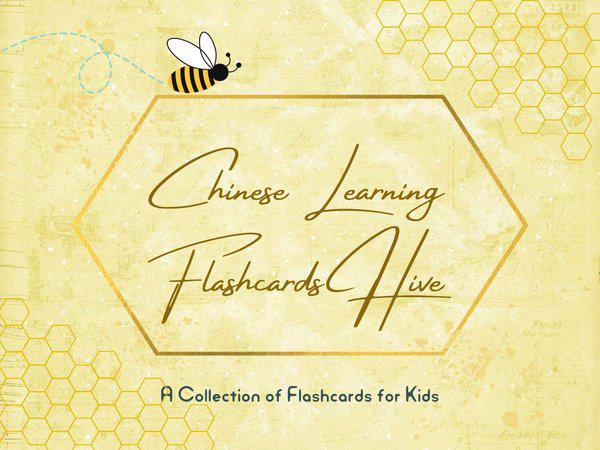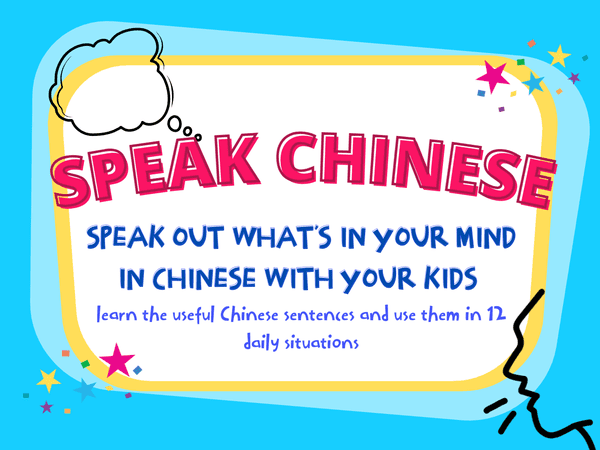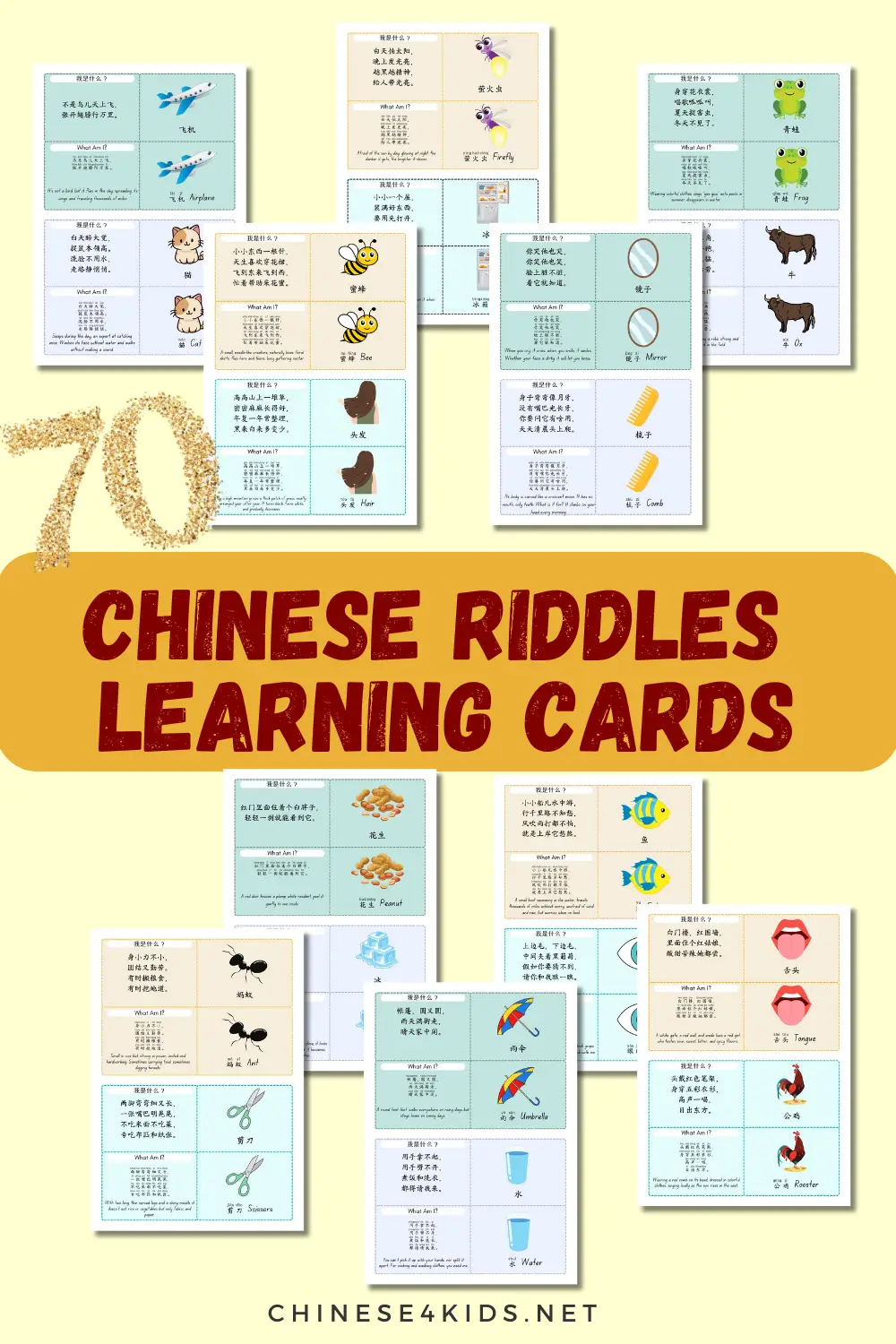
Home » Mandarin Chinese teaching resources » How to Teach a Toddler Chinese
How to Teach a Toddler Chinese

Reader Martina shared one article with us I would like to share with you as well. The article “How to Teach a Toddler Chinese” briefly provides some hints for “determined parents” to lead their children towards Chinese fluency. In detail,
- Choose Dialect. Well, Cantonese is more widely spoken because the first immigrants who founded Chinatown in most places in the world were from the coastal areas in China, mostly, Canton Province. That is why Cantonese is widely spoken outside of China. However, Mandarin Chinese, as the official Chinese, is the one spoken and understood in and outside China. Especially the highly educated new immigrants all have learned it in school. So, indeed, this is a fundamental point: choose Mandarin, not Cantonese.
- Learn Chinese. The article encourages parents to learn Chinese as well. Well, I don’t how realistic it can be, but in long time, it will be beneficial for the children. Plus, parents do not want the kids to have their own “secret language” which they don’t have a clue, right?
- Entertainment Can Be Education. I fully agree on this. Toddlers are like sponge, they absorb everything they are exposed. Play is for sure the best learning way; educational videos can be really helpful too. Limited time of exposure to TV/videos is actually beneficial if the content is monitored. Animations are great for the little ones to repeat and thus learn the language.
- Understand the Power of Immersion. This is hard to achieve, but definitely worth to give it a try. If the family can afford it, hiring a Chinese nanny/babysitter is a good idea to create an environment. Find an outgoing and talkative nanny or babysitter would be the best. When they talk, the kid can grasp words and sentences quickly.
- Be Realistic. This is very true. Learning is an ongoing process. Don’t put expectations too high, just be happy to see how the language slowly and steadily becomes part of the child. Anyway, for a toddler, the No. 1 job is to play.
- Consider the Toddler Years Preparation. The article mentions that there are many public schools in USA that offer Chinese language in curriculum. In the other places in the world, more and more schools are offering Chinese as after-school activity, if not taught in class. Indeed kids have more chances to learn Chinese in school when they reach school age nowadays. Yes, let the child to store as much Chinese knowledge as possible when s/he is at very young age. It will provide a fantastic foundation for her/his later formal linguistic education.
Family is the first and the most important learning environment for a child. Introducing Chinese to a young kid as an additional language requires time, energy, patience and lots of love. But the results will be rewarding.
photo credit: d o l f i
You May Also Be Interested:
- Chinese4kids Membership – a portal for busy Chinese teachers and parents
- Chinese learning flashcards Hive – a flashcards library that with regular additions of new quality Chinese learning flashcards
- Chinese learning worksheets collection – Also a part of Chinese4kids membership, this collection is for teachers and parents who want to have access to engaging worksheets and activity sheets created for kids learning Mandarin Chinese as an additional language
- Speak Chinese with Kids Course
- Chinese Vocabulary Made Easy Course












